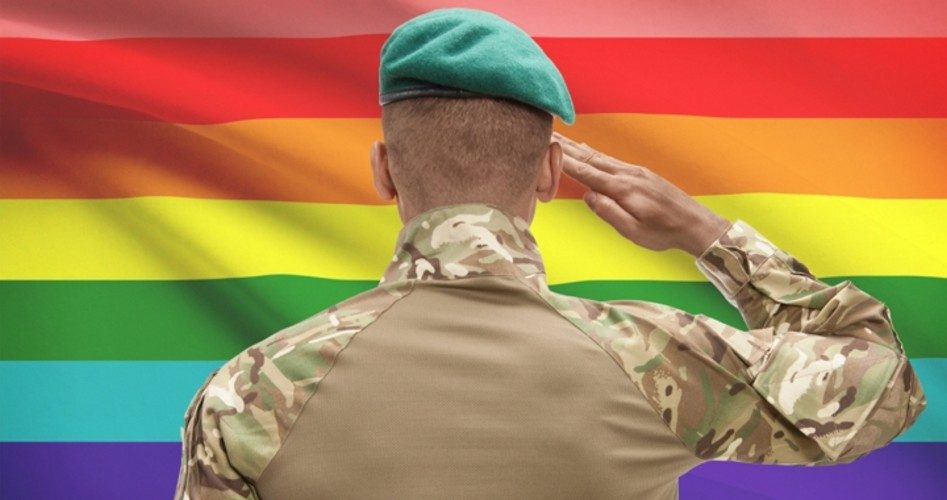
As of January 1 transgender individuals — those who identify and behave contrary to their biological sex — are free to serve in the U.S. military. While President Trump announced last July that transgenders would be banned from serving in the armed forces, in October a federal judge partially blocked the president’s ban while a number of lawsuits filed by transgender soldiers and groups opposed to the ban proceeded in court.
In late November U.S. District Judge Judge Colleen Kollar-Kotelly followed up with her original decision by ruling that her injunction meant the Defense Department must move ahead on the order given by President Obama in June 2016 allowing transgender individuals to enlist beginning in July 2017. Defense Secretary James Mattis then changed that deadline to January 1, 2018 to allow the Pentagon time to decide how to proceed with the issue.
The Trump administration opted not to challenge the ruling for now, with the Department of Justice (DOJ) announcing December 29 that it would be releasing “an independent study of these issues in the coming weeks. So rather than litigate this interim appeal before that occurs, the administration has decided to wait for the DOD’s study and will continue to defend the President’s and Secretary of Defense’s lawful authority in district court in the meantime.”
Interpreting the Trump administration’s legal strategy as a victory for his side, Peter Renn of the pro-homosexual group Lambda Legal crowed that he and other attorneys involved in the transgender lawsuits “are relieved that we don’t have to hit pause on the constitutional rights of transgender people who are willing and able to serve our country…. The war isn’t over, but the government has waived [sic] the white flag before this battle even got started. The administration clearly saw the writing on the wall and withdrew its desperate effort, for now, to block transgender people from openly enlisting in the armed services and serving their country.”
Under military guidelines, a transgender individual seeking to join the military will be required to provide certification from a medical provider that he has not exhibited any “clinically significant distress or impairment in social, occupational, or other important areas of functioning” for at least 18 months. Additionally, the medical provider must certify that the transgender applicant “has completed all medical treatment associated with the applicant’s gender transition, the applicant has been stable in the preferred gender for 18 months, and if presently receiving cross-sex hormone therapy post-gender transition, the individual has been stable on such hormones for 18 months.”
Recruits who have gone through “sex reassignment” or “genital reconstruction” procedures must also certify that “a period of 18 months has elapsed since the date of the most recent surgery, no functional limitations or complications persist, and no additional surgeries are required.”
All of which demonstrates why “transgenders” and other individuals exhibiting potentially disruptive behaviors or lifestyles have traditionally been barred from the armed forces. As reported earlier by The New American: “The military has long sought Americans who fit a ‘military mold,’ who won’t cause needless disruptions or cause needless money to be spent. For instance, the U.S. military excludes those without at least a high-school equivalency degree, those with tattoos on the fingers, neck, or face or ‘ear gauges,’ those Americans on ADHD medication or insulin, those who have a felony conviction, and those who are overweight. Many Americans who are specifically excluded could, as Senator John McCain said, ‘fight, train, and deploy.’ Transgenders are just one of many groups that aren’t deemed good military material.”
Photo: Niyazz/iStock/Getty Images Plus



